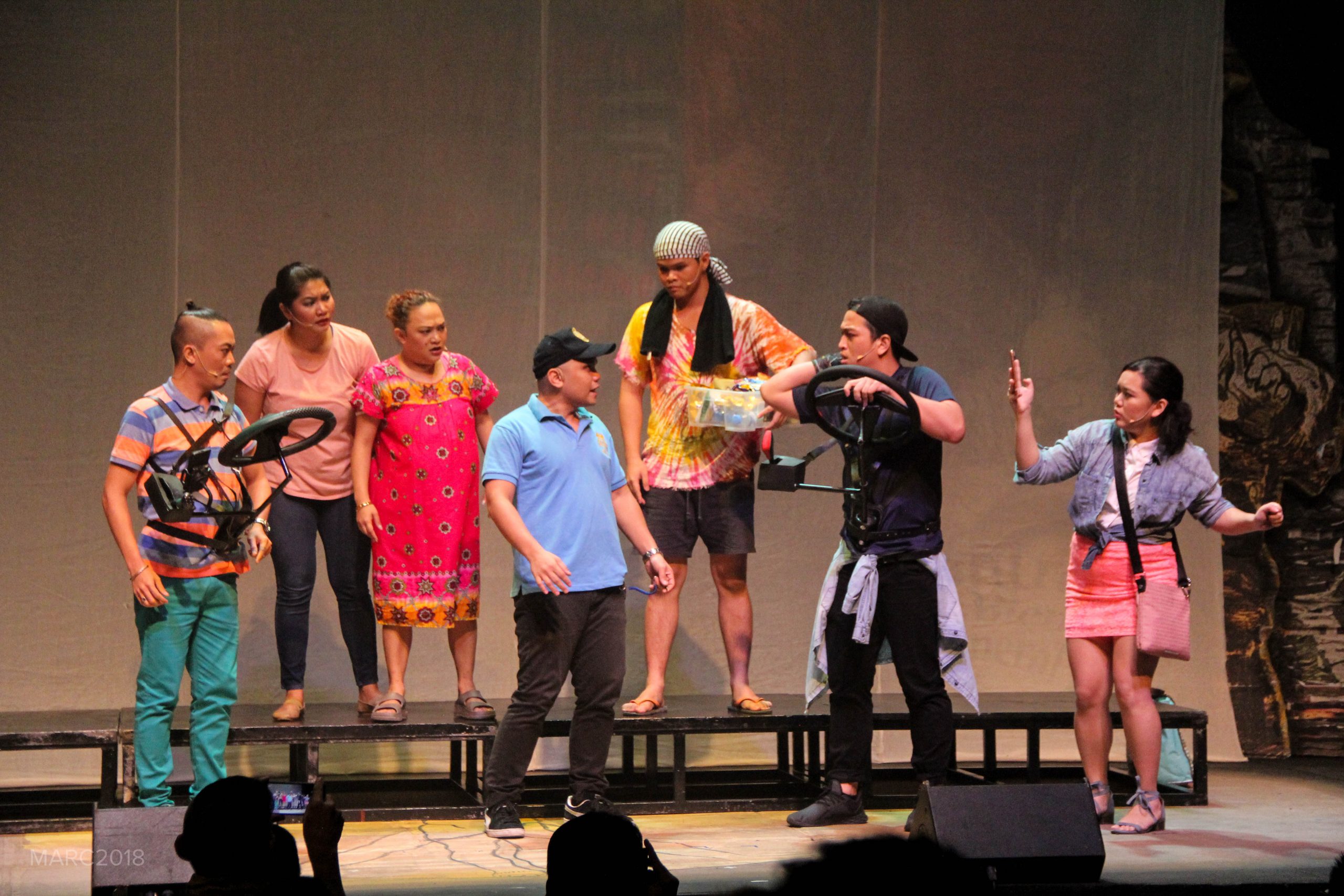
![]() AS far as the Philippine government is concerned, Sept. 21, 1972 is not worth remembering.
AS far as the Philippine government is concerned, Sept. 21, 1972 is not worth remembering.
Unlike similar days in Philippine history that could be called infamous or tragic—say, the execution of Jose Rizal or the Fall of Bataan—9/21 is not a day the government marks with ceremony. In fact, the government does not observe, commemorate or remember that date in any form whatsoever. It is as though one of the saddest days in Philippine history does not exist, at least as far as the government is concerned.
Maybe it’s because martial law’s key players are still very much around and control the official narrative, so to speak. Maybe because the institutions that upheld martial law, such as the military and the Supreme Court, have yet to be reformed. Maybe because the wrongs committed during the martial law years—the killings, the disappearances, the corruption—continue four decades after.
And so the government does not bother keeping the memory of Sept. 21, 1972 alive.
But the media remember. Forty years ago, when then President Ferdinand Marcos declared martial law, the first thing he did was to kill the press and slaughter press freedom. He closed down broadcast networks and newspapers, threw some journalists in jail, and transformed the press into one that was subservient to his dictates. Forty years ago, the country awakened to airwaves that had fallen silent and newsstands that were empty.
The academe remembers. Colleges and universities had become hotbeds of student unrest, just before the declaration of martial law. Thousands of young men and women had taken to the streets, as only the youth could, daring the government to address the ills that plagued the country: oil price hikes, tuition increases, corruption, U.S. intervention. And when Marcos declared martial law, scores if not hundreds of them took up arms in the hills or dove underground in towns and cities, a generation of what could have been the country’s best minds lost forever.
The people remember. Peasants, laborers, teachers, priests and nuns took up the fight against Marcos and braved the harsh reprisal of a dictator’s machinery. Many were killed, tortured and jailed. Families lost loved ones, searching even to this day for those who disappeared without a trace.
And so even if the story of Sept. 21 and the martial law years is never told officially, there will be those who will remember and retell the real narrative in their own ways. And never forget.—Luz Rimban




